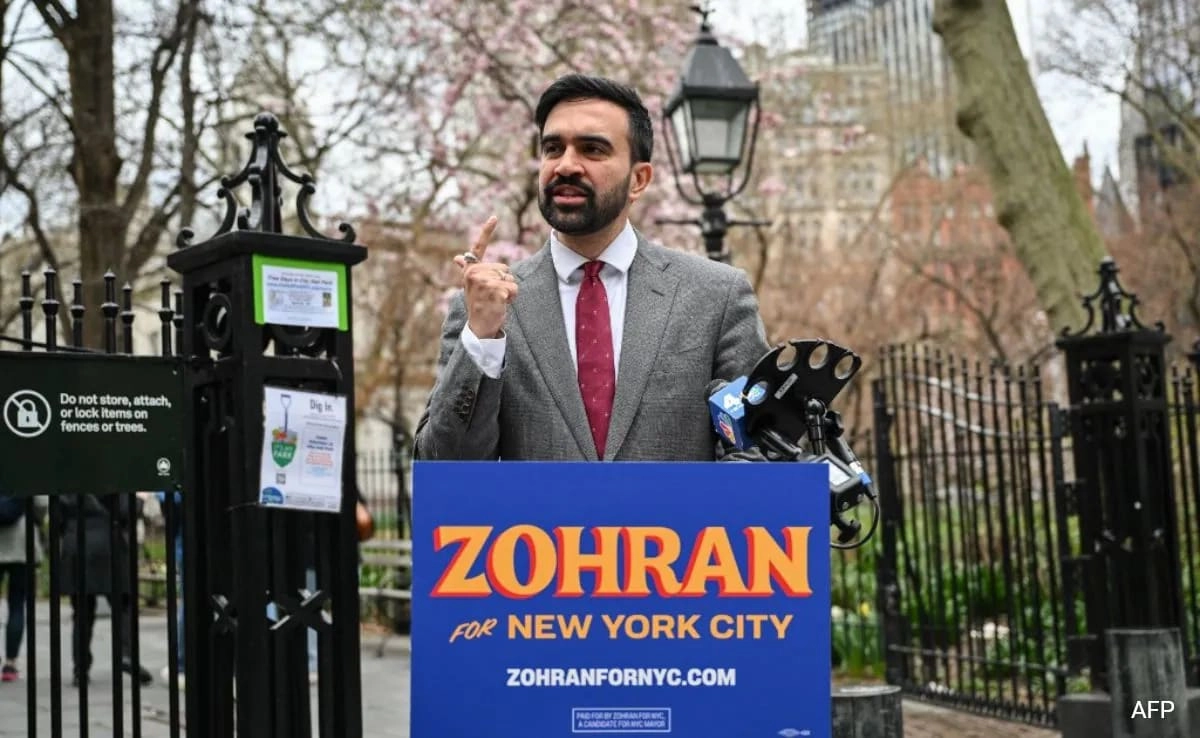Pakistan’s controversial detention law in Balochistan has sparked significant debate and concern, highlighting the delicate balance between national security and human rights. This law allows authorities to detain individuals without formal charges for extended periods, raising alarms among human rights advocates and local communities. In a region where issues of autonomy and ethnic identity are already fraught, the implementation of such a law exacerbates tensions and fears of state overreach.
The context of Balochistan is critical to understanding the implications of this detention law. As Pakistan’s largest province, Balochistan is rich in natural resources but has historically faced underdevelopment and marginalization. The Baloch population has long sought greater autonomy and rights, leading to a complex landscape of insurgency and state response. The detention law, viewed by many as a tool for suppressing dissent, has led to accusations of arbitrary arrests and the stifling of legitimate voices advocating for social and political change.
Critics argue that the law undermines the rule of law and due process, essential components of a democratic society. By permitting detention without charges, it opens the door to potential abuses of power, where individuals can be held indefinitely without recourse to legal representation or oversight. This situation not only affects the detained individuals but also creates a chilling effect on civil society, discouraging activism and dissent. Moreover, the law’s implementation can foster resentment among the local population, further alienating communities that already feel marginalized by the state.
In conclusion, Pakistan’s detention law in Balochistan serves as a flashpoint for broader issues of governance, rights, and the struggle for autonomy. The ramifications of this legislation extend beyond individual cases of detention; they resonate throughout the fabric of society, influencing perceptions of justice and state accountability. As the situation unfolds, it is crucial for stakeholders, including human rights organizations and the international community, to closely monitor developments and advocate for a legal framework that respects human rights while addressing legitimate security concerns. Only through a balanced approach can Pakistan hope to foster stability and promote the rights of all its citizens, particularly in regions like Balochistan that are often caught in the crossfire of political conflict.




